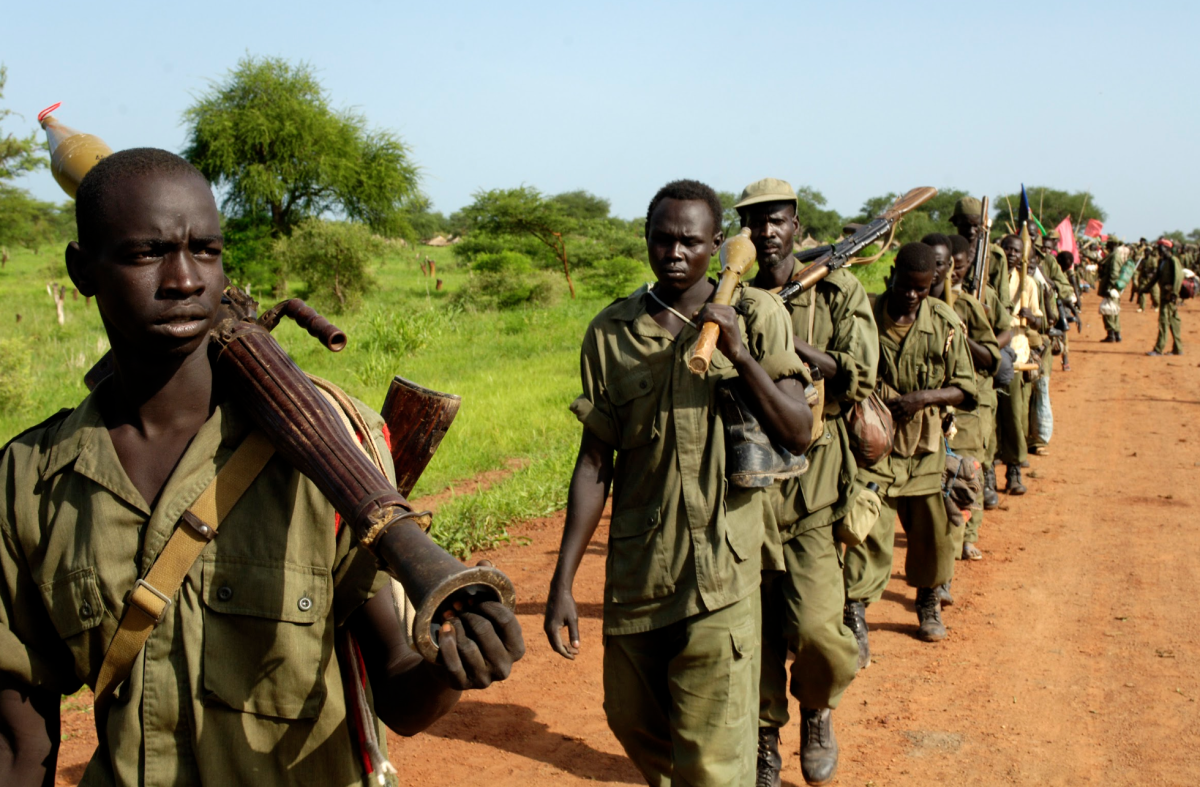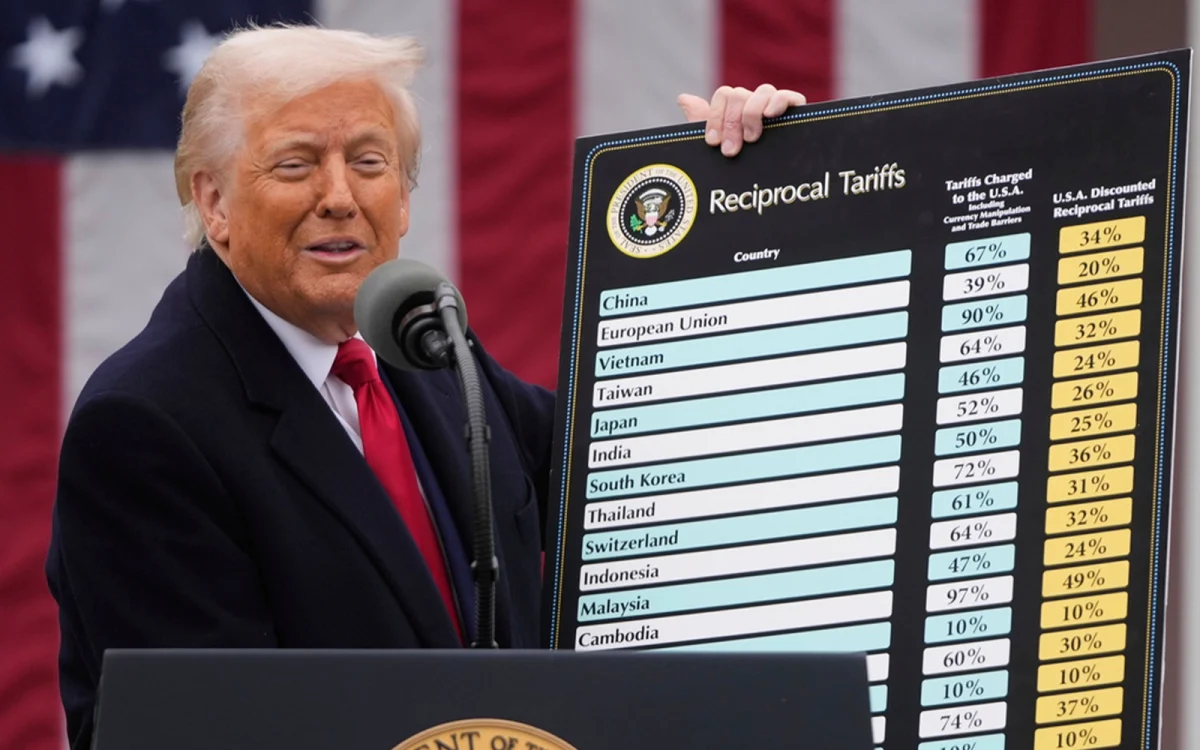Political instability has reshaped the region of South Sudan, and its people are suffering because of it. The people of Sudan are facing a possible humanitarian crisis in the midst of the Sudanese Civil War. As this tumultuous conflict unfolds, civilians are seeking refuge in neighboring countries, resulting in millions of displaced Sudanese civilians.
The Sudanese Civil War commenced on April 15, 2023. It began between the RSF, one of the most powerful militant groups in Sudan, and the Sudanese Armed Forces. While the RSF staged a coup against the Sudanese Armed Forces, Sudanese Civilians continued to face the brunt of the RSF and Sudanese Armed Forces actions.
According to AP News, both the RSF and Sudanese Armed Forces were accused of committing extensive and extreme atrocities against the Sudanese population by Amnesty International. These immoral crimes include mass sexual assault and deliberate killings of civilians. AP News also reported that Amnesty compiled a 56-page report on sexual violence against the female Sudanese population. This report revealed that 24 women, including young girls, were held for several days and subjected to assault by several RSF members.
Another source, rescue.org, reports that many Sudanese civilians are suffering a “shortage of food, water, medicine and fuel, as well as limited access to electricity and communications.” Rescue.org also reveals that the level of food insecurity and malnutrition is currently impacting approximately 25 million civilians in South Sudan, marking it as “one of the worst food insecurity crises in the world.”
Unfortunately, this conflict is an ongoing struggle of events that have culminated for nearly the last 20 years. The country of Sudan has faced years of political instability and unrest, heavily impacting the civilians. Ethnic violence has also played as one of the many contributing factors for the U.N. to investigate possible genocide during this war.
As reported by Aljazeera, South Sudan’s West Darfur region is witnessing extreme levels of violence, with decades of ethnic killings. The devastating violence has civilians fearful for their lives, even when attempting to get basic necessities like food and water. Aljazeera also reports that activists warn that if the violence in South Sudan is left unchecked, it could escalate even further than the Darfur uprising more than 20 years ago, which left 300,000 dead and displaced 2.5 million.
In an interview from NBC Bay Area, Andrea Mitchell spoke to a refugee whose older brother was killed by the militias and had their home destroyed. The refugee said her family had, “no food, no drinks.” When Mitchell asked what they hoped for, the response was simple yet profound, “We need the peace.”
I then proceeded to ask John Duroyan, a history major at San Jose State University, for his thoughts on the war and his awareness of the conflict. He responded, “The intricacies and geopolitics are lost on me, but I’m aware of the civil unrest in the region during the secession of South Sudan.”
I continued to ask him his overall thoughts on the war. “It (the war) is part of a long series and trend leading towards global instability, and showcasing the failures of our world leaders in securing political stability and justice between nations across the world.” Duroyan also believes that humanitarian groups, such as the United Nations, aren’t doing enough to support the people of Sudan.
He lists off a few events that he claims have left countries in despair because of the ineffectiveness of the United Nations. “There was this notion that I used to believe that humanity will tend towards less and less violence.” Duroyan states. “Technically, this is the most peaceful era in human history, but conflicts like this show it’s not the case. Infamously, the Ukrainian War, the largest land war since WW2, the Tigray conflict in Ethiopia, and finally, the political collapse of Myanmar where it constantly devolves into civil war.” Duroyan points these out to affirm that, “Our current political order and dominant order of the United Nations is ineffective and unable to guarantee peace between nations as it claims to do.”
Overall, Sudan has experienced countless wars in the past. It is incredibly crucial that we draw attention to this ongoing catastrophe, as the conditions for the people of Sudan are increasingly getting more devastating each day the war persists.







